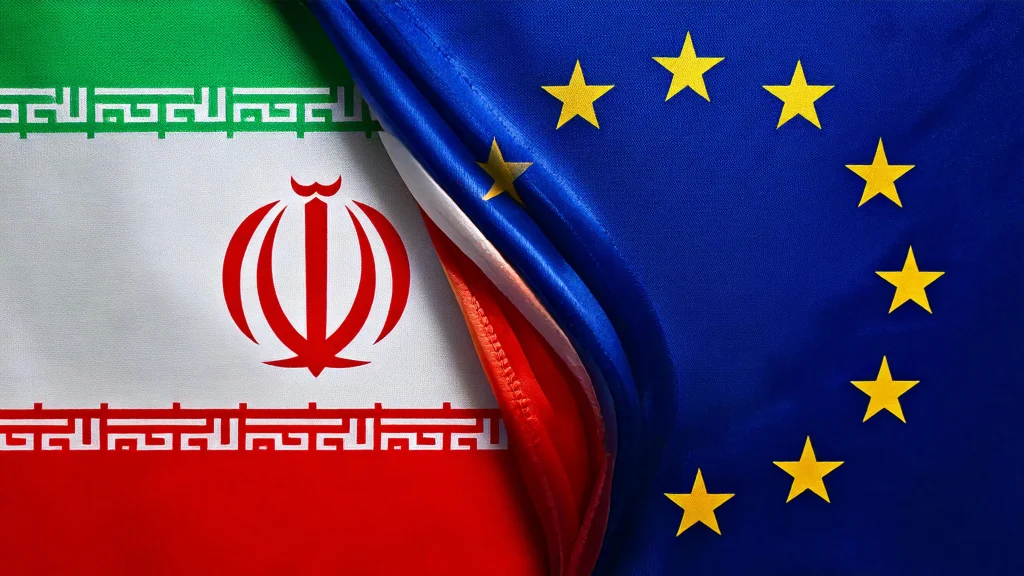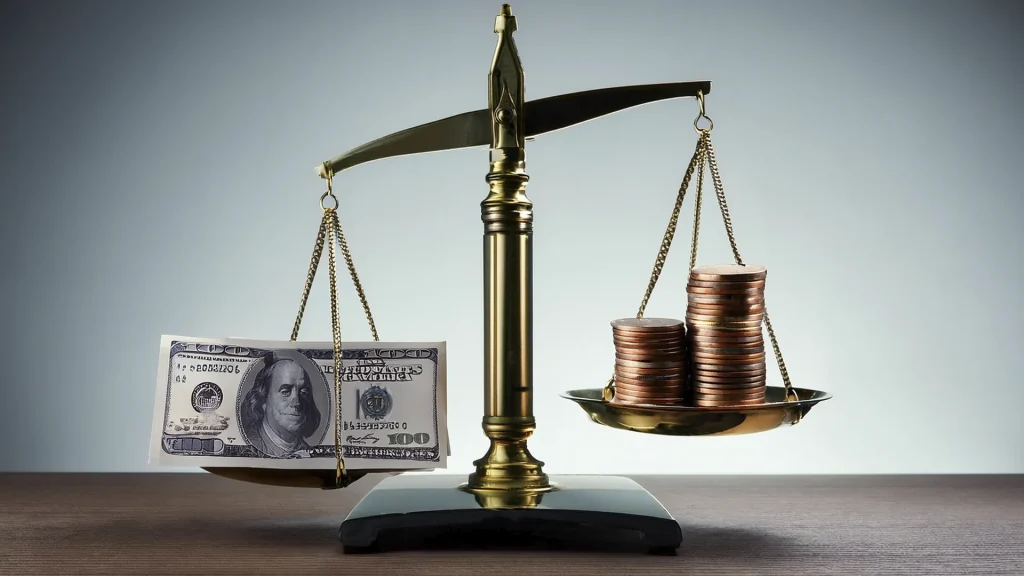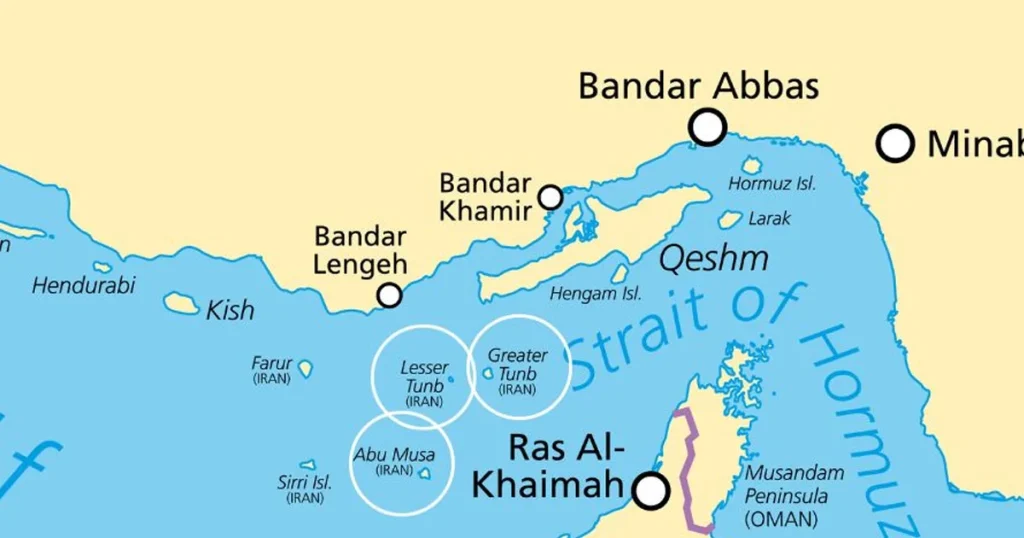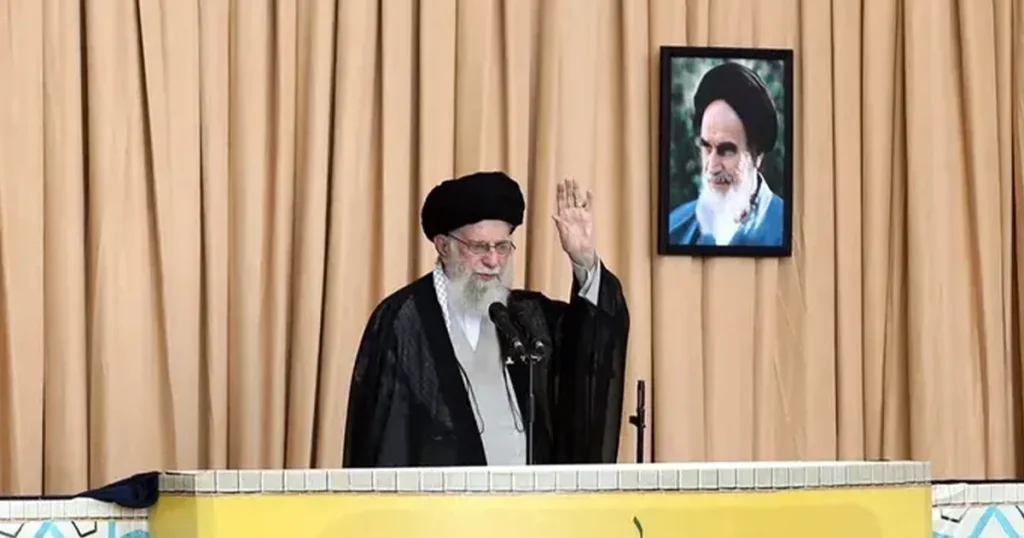In recent weeks, the escalating tensions in the Middle East have brought renewed scrutiny to the role of the Islamic Revolutionary Guard Corps (IRGC) and the actions of the European Union. The deaths of key Hezbollah and Hamas leaders, attributed to Israel, led Iran to launch a missile strike on Israel, further heightening the region’s volatility. Yet, amidst these hostilities, the European Union has positioned itself as a neutral mediator, calling for peace and stability while continuing its economic and material partnerships with Iran, which largely benefit the IRGC. This double-standard approach raises serious concerns about the EU’s role in sustaining regional instability.
The European Hypocrisy in Engaging with the Islamic Republic
European leaders like Emmanuel Macron and Olaf Scholz have called for restraint and moderation in the Middle East. Yet, these declarations clash with their countries’ direct involvement in Iran’s economy. European corporations continue to conduct business with Iranian entities closely associated with the IRGC, despite longstanding sanctions. These connections enable the IRGC to strengthen its capabilities in petrochemicals, oil, and engineering—industries that fuel Iran’s militaristic and destabilizing agenda in the region.
While publicly condemning Iran’s support of Russia in Ukraine, European companies are still supplying components that contribute to Iran’s drone production. This illustrates a troubling contradiction: Europe claims to advocate for peace while its own companies help the IRGC expand its military arsenal and technological resources.
The Role of European Companies in Supporting the IRGC
Major corporations in France, Germany, and Italy continue their industrial and economic relationships with the Islamic Republic. Thales, for instance, has provided Iran with cybersecurity services and radar systems, which can bolster the IRGC’s surveillance and defensive infrastructure. Similarly, French companies like Axens and German companies like Babcock Borsig have maintained commercial relationships with Iranian oil and petrochemical companies. These companies operate in industries where the IRGC holds significant influence, contributing to Iran’s ability to further its destabilizing regional policies.
Why Proscribing the IRGC is Essential
The IRGC’s control over Iran’s economy allows it to channel resources into its operations across the Middle East. By failing to designate the IRGC as a terrorist organization, the EU and UK indirectly support an entity responsible for violence, oppression, and destabilization. Labeling the IRGC as a terrorist organization would close these financial pipelines and impede its access to resources that fuel regional and global insecurity.
Moving Toward True Security
For the safety and security of their populations, the UK and EU must take definitive action by proscribing the IRGC in its entirety as a terrorist organization. This is the only way to halt their complicity in funding and enabling Iran’s violent regime. Europe’s role should not be one of passive observer but of active participant in securing lasting peace, both in the Middle East and worldwide. Proscribing the IRGC would align Europe’s actions with its stated values, ensuring that its words are no longer undermined by its deeds.






